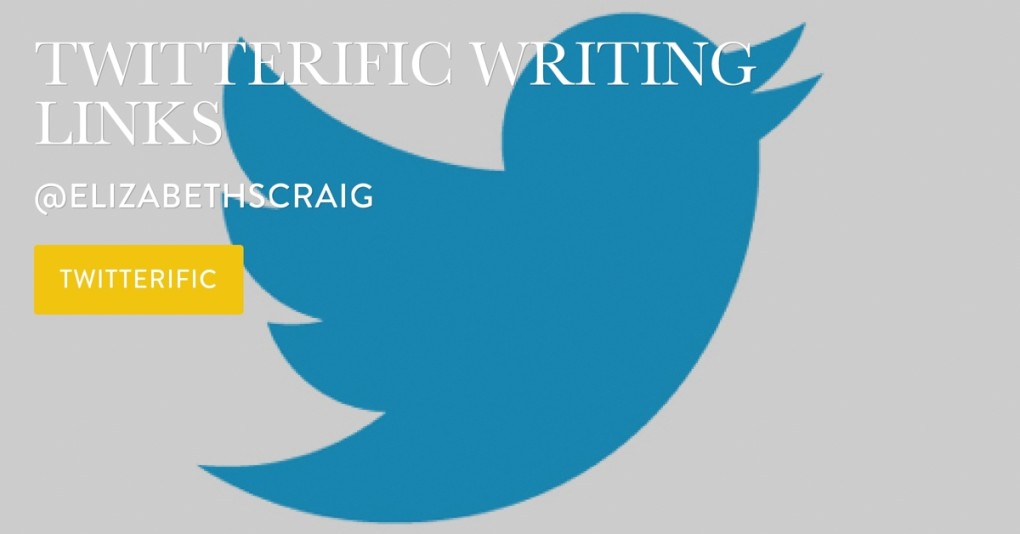
By Steven W. Giovinco, @recovreputation
8 Online Reputation Management Tips for Authors, Books, Novels, Fine Art Photography Publications, With Sample Task List
Authors–not just plumbers on Yelp or lawyers on Avvo.com–need a positive online reputation. It helps show the writer as an expert, connect them to readers, drives traffic to their book site and makes it more likely that “content”–bits of the book–will be shared on social media. This all leads to more sales.
Since advertising and traditional promotion don’t work as they did, a writer should strive to be a trustworthy “knowledge leader,” or key source in their niche, whether it be non-fiction, fiction, biographies, poetry, business books, essays, etc. Reputation management helps by building excellent sources when searching online.
-
Create Goals
Come up with clear online reputation goals. This sounds simple enough, but breezing through this initial step can lead to problems later if unclear. “Sell more books,” might seem to be obvious answer. But how?
Drill down further. Building an excellent online reputation could, for example:
-
Show the writer as an expert in their specialized field.
-
Generate interest from new prospective publishers.
-
Schedule additional talks at book stores in specific and as-yet unscheduled cities.
-
Create direct connections to readers through social media.
-
Generate interviews from bloggers and traditional media.
-
Lead to translations of the book into other languages.
-
Conduct podcast or radio interviews.
-
Connect with screenwriters, film producers or television executives.
It could be one or all of the above.Continue reading




